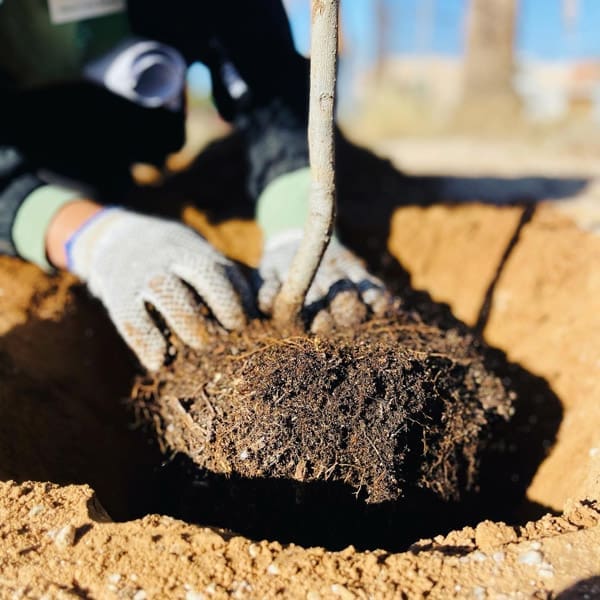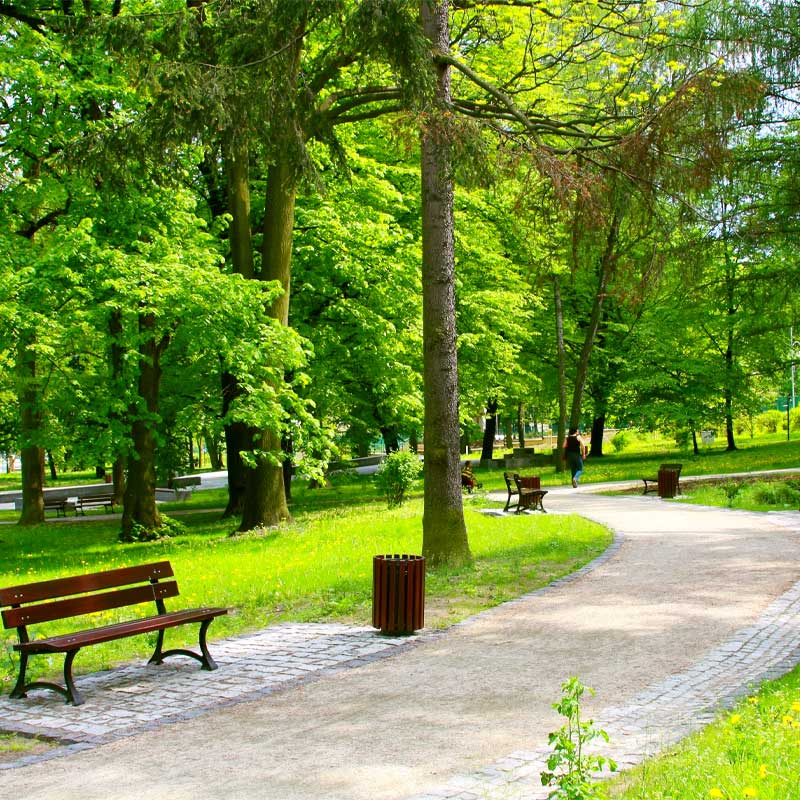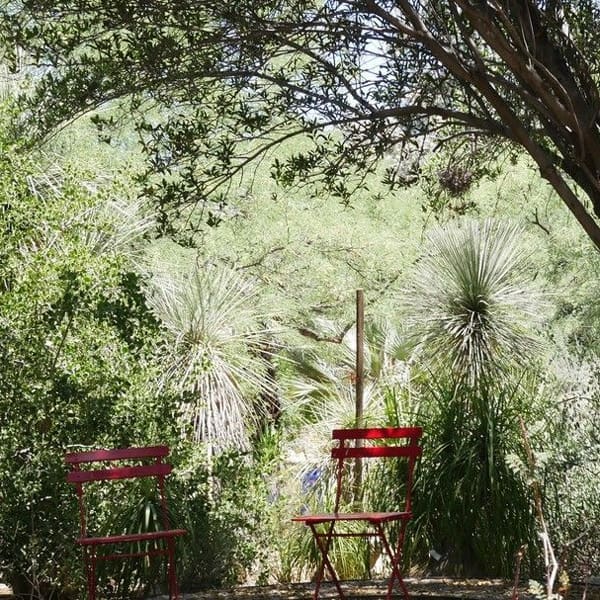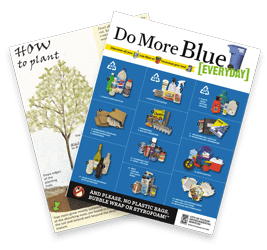Urban Forestry



Economic Benefits

Urban forestry plays a crucial role in enhancing the quality of life in cities and urban areas. By planting and maintaining trees in urban environments, we can realize a multitude of benefits. As these trees we plant mature, they can save up to 20% in energy costs by providing natural shade and insulation. They also boost property resale values by as much as 15%, making them a valuable investment.
Environmental Benefits

Ecologically speaking, urban trees act as nature’s water reservoirs, retaining moisture and reducing the need for irrigation, thus conserving water resources. Moreover, they play a pivotal role in preventing erosion and mitigating runoff, protecting the environment and infrastructure alike. They act as vital carbon sinks, absorbing and sequestering CO2, while also helping to reduce CO2 emissions from power plants by cooling urban environments through shade and evapotranspiration.


Health Benefits

Urban forestry contributes to the mental well-being of residents by reducing stress and anxiety, and it fosters a sense of community by bringing people together through tree planting initiatives and gatherings beneath their cooling canopy. Trees create habitat for native songbirds and provide a sense of tranquility for you and your pets. Beyond these tangible benefits, trees add natural beauty and expand our daily living areas into shaded, outdoor spaces, enhancing the aesthetics and overall livability of urban environments, which we as Tucsonans need desperately.

